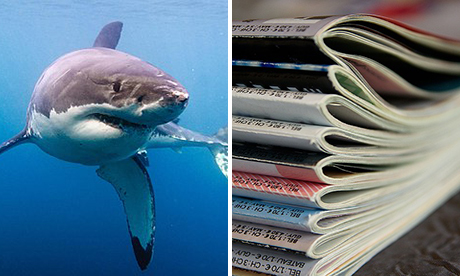
Images: CC BY-SA 4.0 and CC0
A group of South African funders have urged the country’s researchers to be vigilant about ethical research and publishing practices, including being sensitive to societal needs.
The joint statement by the Academy of Science of South Africa, the Council on Higher Education, the Department of Higher Education and Training, the National Research Foundation, and the Universities South Africa was published on 7 August.
It urges researchers to be wary of publishing in predatory journals, to adhere to ethical authorship principles, and to ensure that peer review standards are met. It also says researchers should value quality over quantity in their publishing record, and avoid “salami slicing” their research findings in low impact journals to boost their publication numbers.
“Researchers and institutions must be sensitive to the potential impact of their research on society, marginal groups or individuals, and must consider these when weighing the benefits of research against harmful effects, with a view of minimising the latter where possible,” the statement said.
The statement follows rising concerns about the quality of South African research. A 2017 report found that the number of South Africa-authored articles appearing in predatory journals had risen from 154 in 2010 to nearly 900 in 2014.
And earlier this year an Assaf report said it had found evidence of other questionable publishing practices in South Africa, including researchers publishing many articles in journals where they are the editor or sit on the editorial boards, or what the report calls “publication cartels” where the same people co-author several papers in a journal.